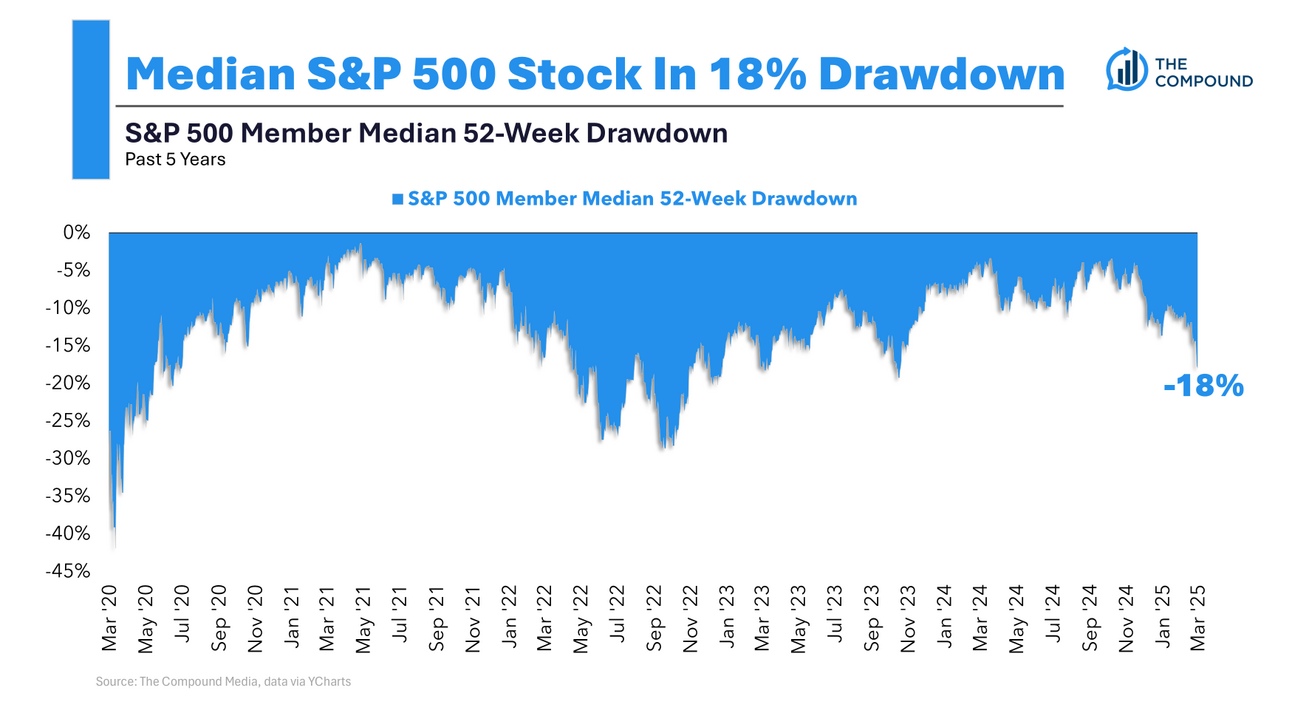A few years ago, as his 40th birthday loomed, the pianist Eric Wubbels had reasons to be content. He had a steady career as a performer and composer in New York, where he gave frequent concerts with the Wet Ink Ensemble — the celebrated contemporary classical group he had directed with a close crew of collaborators for more than a decade. But he could also see another route for himself, one that led outside the city.
What would it be like to have a grand piano at home? Getting off the treadmill of commissions and performances seemed worth considering, too. Still, he wasn’t looking for a holiday.
“The idea I came to around that time is that this is the last moment to do the big growth,” Wubbels said in a recent interview. “Whatever growth is going to happen as a musician, as an artist — psychologically, like in my personality — better get started on it.”
To many outside observers, Wubbels was in no need of a maturity makeover. Other musicians have described him as one of the most engaged and generous collaborators on the new music scene. In my experience as a listener, he conducts the complex orchestral music of composers like Ingrid Laubrock with the same care he devotes to his own scores.
You can hear his fine-tuned attention to detail and expressive abandon in a work like “gretchen am spinnrade,” which he wrote for the cellist Mariel Roberts. After an opening of harshly repeating piano-and-cello oscillations, there’s a short window of escape, during which Wubbels’s piano part explodes beyond its initial, constricted range. But as burns go, this is a controlled one: Within a few seconds, more nuanced dynamics predominate, which in turn seed fresh articulations and motifs. The movement feels untamed and considered in equal measure.
A major change came, though, with the pandemic in 2020 — around the time he was turning 40. Wubbels and his wife moved to western Massachusetts, where they had found an affordable place that was roomy enough for a grand piano. And while there, he began to deepen his engagement with improvisation.
“It’s kind of a risky thing to do,” he said. “At a certain point, no one is interested in you being a beginner.”
Two years later, some promising results have come into view. A new album on the Out of Your Head label, “Field of Action / contraposition,” documents complementary collaborations with two younger musicians.
In “Field of Action” — an edited suite of Wubbels’s improvisations with Charmaine Lee, a vocalist who uses electronics and feedback — he used harsh synth textures and inside-the-piano scrapes to merge with her approach. And in Weston Olencki, a trombone player with an exceptional feel for extended technique and torrential riffing, he found a willing partner for a fixed composition, “contraposition.”
These works reflect some of that growth Wubbels was after, and make for his most arresting album as a composer-performer yet. To celebrate the release, he appeared with Lee and Olencki at Roulette on Monday; the concert is streaming on the venue’s website and YouTube account.
At Roulette, nothing from the album was performed per se. Even with snippets of notated material, Wubbels’s improvisations with Lee are all unique. And Olencki helped bring a new Wubbels piece into the world: “Beings (I.X.),” for brass quintet and piano — a tribute to Iannis Xenakis’s 1964 “Eonta” (which was written for similar forces).
But whereas Xenakis was notably skeptical of John Cage’s “chance music” procedures, and improvisation generally, Wubbels is not. In this nearly hourlong piece — three times the length of the work that inspired it — Wubbels has reimagined the Xenakis for a group of leading light improvisers and new-music specialists, including the trumpeters Nate Wooley and Forbes Graham, as well as the tuba player Dan Peck, the horn player David Byrd-Marrow and Olencki.
The result is both an encomium and an acknowledgment of music’s progress since the days of Xenakis. In an email after the concert, Wubbels said that his work was not a critique of prior strains in modernist thinking, but was instead “a celebration of the fact that things are so different now.” He added, “There are all of these amazing players now who are really fluent and expert in both performing highly detailed notated music and improvising creatively across a broad range of musical contexts.”
“Beings (I.X.)” makes the most of that contemporary fluidity, shifting from breathy or noisy individual zones of exploration to sensitive group improvisation and dense passages of notation. As usual, Wubbels’s own playing is an eye-popping highlight: His brief piano solo, about 34 minutes into the piece, shows that he hasn’t been wasting time with his instrument up in Massachusetts. And his penchant for detuning or preparing only a few notes in the piano — and revealing them in dramatic moments — recalls prior works in his catalog, like “gretchen am spinnrade.”
“I think of that stuff now as an orchestrational device,” Wubbels said of his prepared piano designs. “It’s just enough denaturing that you can put one prepared note in a chord, and it changes the timbre of the instrument in a way that’s really hard to define. Rather than it being a Cage ‘I want to sound like a gamelan’ thing.”
Throughout “Beings (I.X.),” Wubbels fuses the contemplative, obsessive space of early American Minimalism and the vibrant complexity of the post-World War II European avant-garde; transitions clearly indebted to legacies of jazz-informed improvisation act as soldering material. It’s a bracing hour of music that, with references to many traditions, sounds like nothing by any other composer.
The specificity of Wubbels’s vision is what attracted both Lee and Olencki. In separate interviews, they described finding early Wet Ink Ensemble records while in college. Lee said she “intellectually crushed on him” after finding scores in the library of the New England Conservatory, where she was studying jazz voice. After she moved to New York in 2016, Wet Ink commissioned a large ensemble piece from her, and she built a rapport with Wubbels from there.
“He has spent the past couple of decades really homing in on this method, one that results in hyper articulation on the page, but also in the music — it’s a highly precise execution,” she said. She described the improvisational practice as similarly disciplined, but instead privileging “rigorous presence over rehearsed precision.”
Olencki cold emailed Wubbels in 2014, when he was finishing up his classical trombone studies at Northwestern University. He asked for the hardest piece Wubbels might have for him. After the composer replied with a work by his colleague Alexandre Lunsqui, Olencki — in what he called “a very 21-year-old move” — devoured it, mocked up a recording, and sent it back the same day.
“Collaboration is a buzzword that people love to use these days,” Olencki said. Yet he characterized the long-term engagement Wubbels offers as something appreciably different: “Let’s hang out and be human beings around each other and then work super hard.” He also noted that, as Wubbels was learning how to write for his approach to the trombone, he solicited Olencki’s views, asking, “How does this feel, to play this?”
As Olencki was describing this, I felt I could say the same regarding some of my own reactions to Wubbels’s works as a listener. It’s “incredibly caring music,” Olencki said. “Every single bit of it is like: ‘I have thought and considered every facet of this, not for my own ego, but because I care about this music.’ It’s rarer than I would like. I find it to be really, really inspiring.”





















Discussion about this post